In this page, Japanese interesting customs will be introduced
- View All
- Food
- Rites of Passage
- Seasons Events
- Culture
- Manner
風呂敷:Furoshiki (Japanese wrapping cloth)
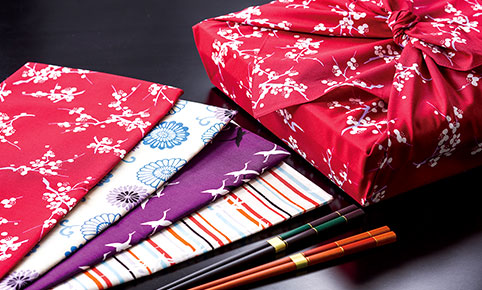
Furoshiki are colorful squares of cloth traditionally used to wrap things up. They come in many sizes and are made of …
See More
ランドセル:Randsel (Special backpack for elementary children)
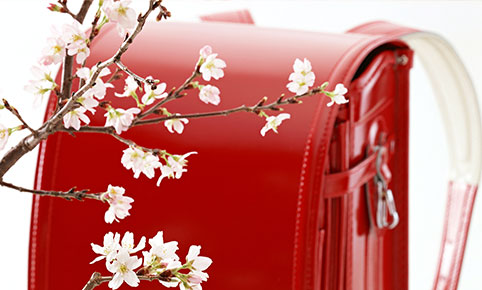
Most Japanese elementary children travel to their schools each day with a special kind of backpack known as a “randsel.”,…
See More
ノンアルコール飲料 :Non-alcohol inryo (Non-alcohol inryo)
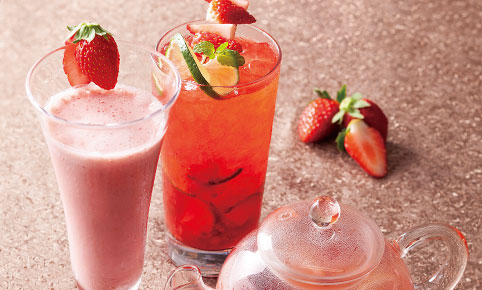
Perched on its hind legs, this unique cat stares straight ahead and raises one of its forelegs up high,…
See More
まねき猫:Maneki neko (Inviting cat)
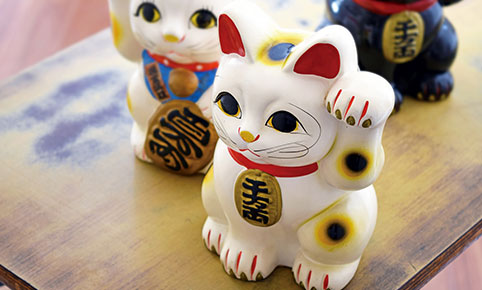
Perched on its hind legs, this unique cat stares straight ahead and raises one of its forelegs up high,…
See More
年賀状:Nenga-jo (New Year’s card)
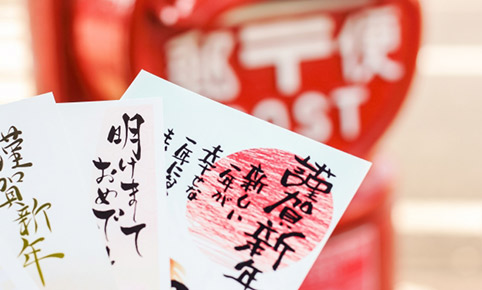
Nenga-jo, or New Year’s cards, are greeting cards sent to business customers, coworker, relatives, friends, and others.…
See More
だるま:Daruma (Traditional Japanese tumbler doll representing Bodhidharma)
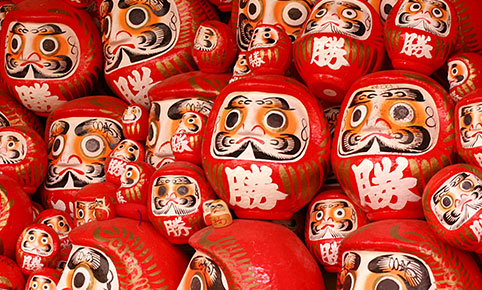
Except for its face, the Daruma doll is painted entirely in red. This rounded figurine symbolizes the Bodhi Dharma, the founder of Zen Buddhism,…
See More
秋刀魚:Sanma (Pacific Saury)
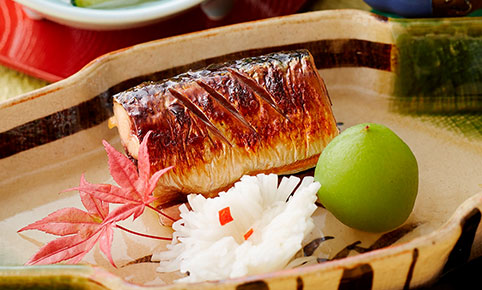
Sanma, or the Pacific Saury, is present in large numbers in the northern Pacific Ocean and is a popular food in Japan during the fall.,…
See More
文化祭:Bunka-sai (Cultural festival)
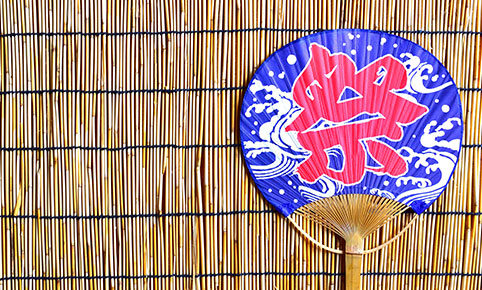
A bunka-sai (meaning “cultural festival”) is an event generally held by students at high schools or junior high schools in Japan,,…
See More
お盆:Obon(Japanese holiday to honor one’s ancestors)
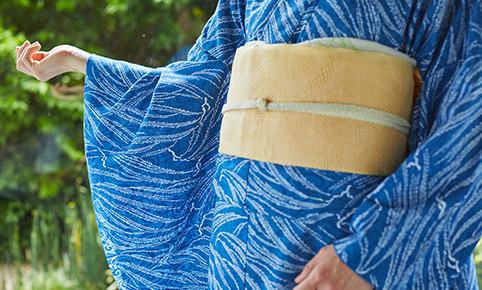
Obon is a Japanese holiday held for the purpose of honoring one’s ancestors. Occurring from August 13-16,…
See More
日本の夏休み:Summer Holidays in Japan

Around the world, students in elementary and secondary schools eagerly await the coming of summer holidays, and Japan’s children are no exception…
See More
弁当:Bento (Box Lunch)
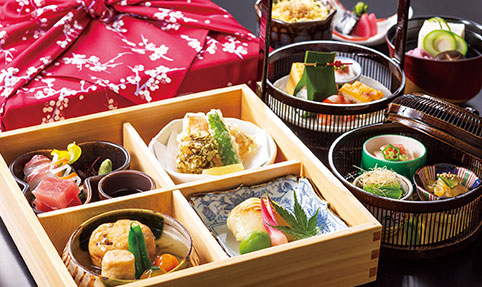
Around the world, people have different ways of taking meals with them, such as the Western-style lunch box with sandwiches and fruit.…
See More
漫画:Manga (Story comics)
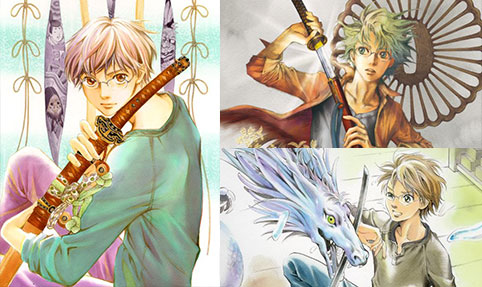
Japan takes pride in its manga, or story comics, which are an original contribution to global culture.…
See More
新緑:Shinryoku (New green)
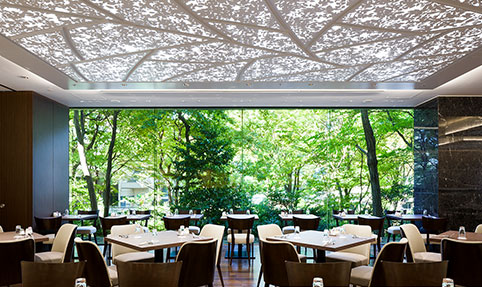
Shinryoku, literally “new green” or “the fresh verdure of spring,” refers to the beginnings of spring.…
See More
卒業式:Sotsugyo-Shiki (Graduation Ceremony)
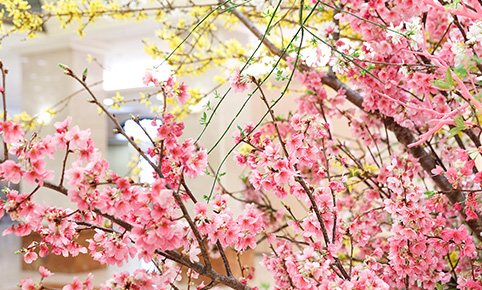
In most of Japan’s elementary and secondary schools as well as universities and colleges, the school year begins in April and concludes the following March.…
See More
立春:Risshun (First Day of Spring)
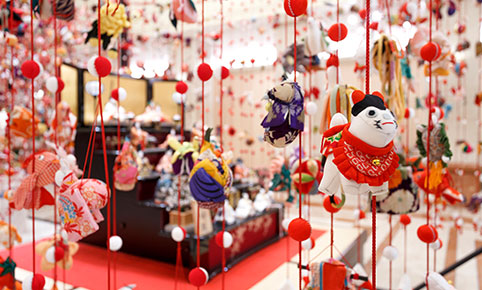
Risshun was the name given to the first day of spring in the traditional calendar once used in Japan…
See More
ふぐ:Fugu (Puffer Fish)
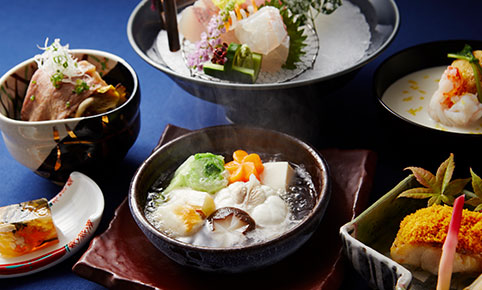
Puffer fish (known as “fugu” in Japanese) may taste bland at first,.
See More
おせち:Osechi (Japanese traditional New Year’s dish)
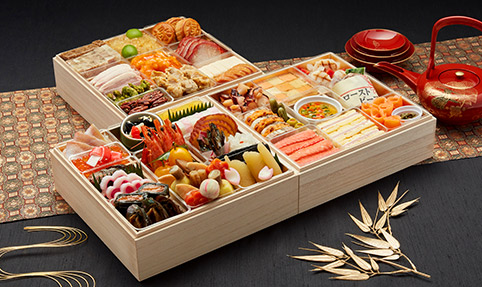
Osechi is a traditional Japanese New Year’s dish which is an assortment.…
See More
タクシーの乗り方:Using Tokyo Taxi Wisely

October in Japan is a month blessed with many pleasant, sunny days, following the end of the oppressive summer heat…
See More
運動会:Undo-kai (Athletic Festival)
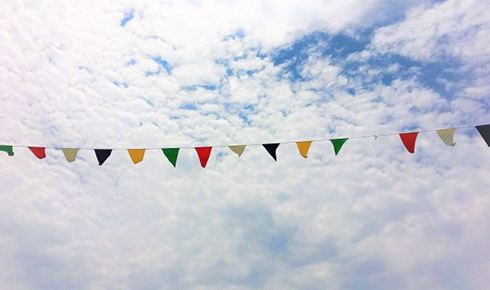
October in Japan is a month blessed with many pleasant, sunny days, following the end of the oppressive summer heat…
See More
てぬぐい:Tenugui (Refreshment towel)
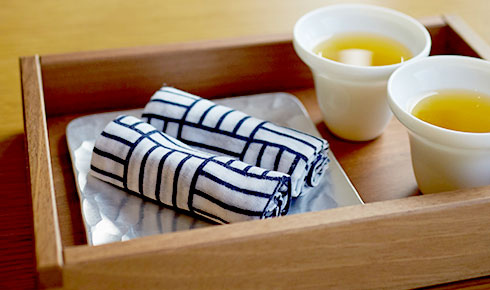
Tenugui are traditional Japanese cloth products usually made of rough, plain-woven cotton.…
See More
ラジオ体操:Radio Taiso(Radio Gymnastic Exercises)

Radio taiso is a series of light exercises (taiso) involving stretches, jumps, arm movements, and more, conducted along with piano music from the radio…
See More
クールビズ:Cool Biz(Summer clothing to save energy)
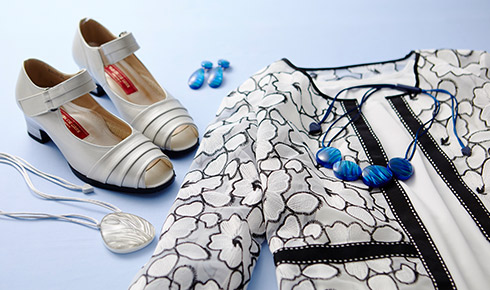
Coined from the words “cool” and “business,” the Japanese term “cool biz” stands for a movement to encourage the wearing light clothing in offices during the summer…
See More
浴衣:Yukata(Casual Kimono)
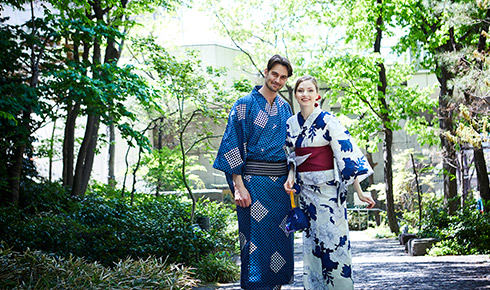
Long before the advent of air-conditioners, the Japanese would stay cool during the hot and humid summer nights with the yukata…
See More
八十八夜:Hachiju Hachi Ya(88th Night)
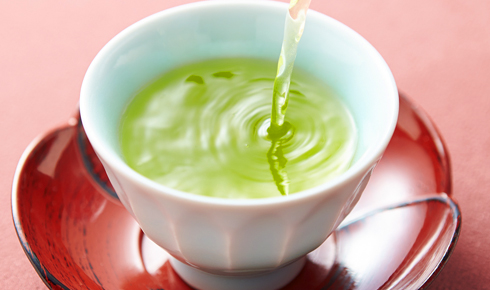
In the traditional lunar calendar of Japan, February 4th is known as risshun (literally “the standing of spring”), or the day upon which winter gives way to spring…
See More
同窓会:Dousou-kai(Alumni reunion)
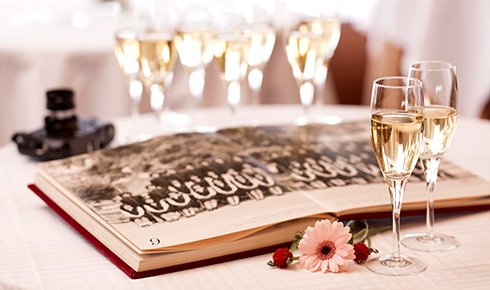
Alumni reunions allow former students of the same school to gather together and they serve as excellent occasions for rekindling old friendships…
See More
ホワイトデー: White Day
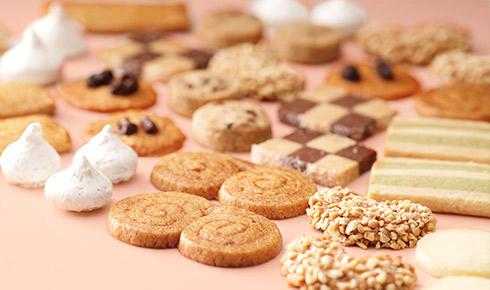
In Japan, “White Day” is observed every March 14 as a special follow-up to Valentine’s Day…
See More
バレンタインデー: Valentine's Day
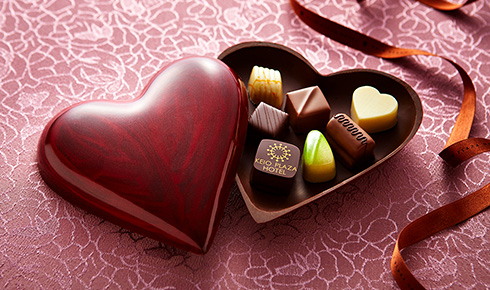
Valentine's Day (February 14th) has long been familiar in Europe and the United States…
See More
お年玉:Otoshidama(New Year's Allowance)
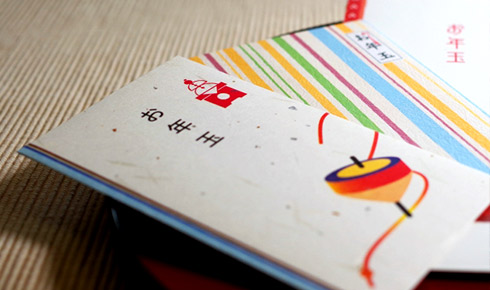
The New Year is among the most important and deeply rooted of all the annual celebrations held in Japan…
See More
縁起熊手:Engi-kumade(The traditional good luck charm)
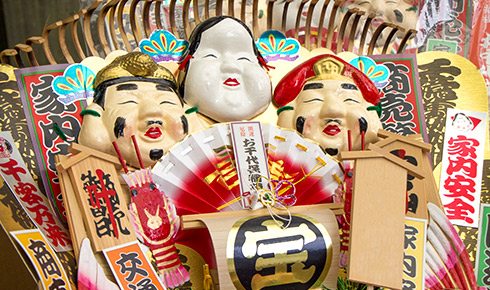
Engi-kumadeis traditional Japanese Good Luck charm, long believed to draw in fortune and make your business thrive…
See More
冬至:Touji(The winter solstice)
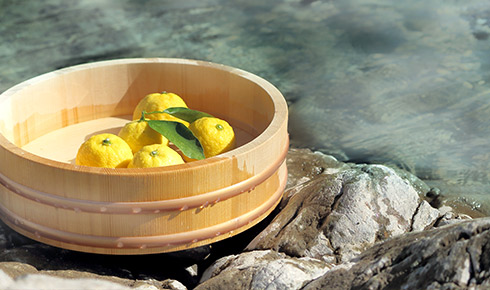
The winter solstice, which occurs around December 22nd each year, is calledtouji(literally, “the extremity of winter”) in Japanese…
See More
…の秋:―no Aki(Fall, the Season of ―)
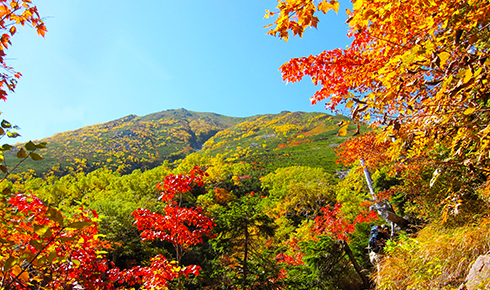
Fall is the season of the harvest, when the abundance of Mother Nature is most apparent…
See More
松茸:Matsutake(The king of the nation’s mushrooms)
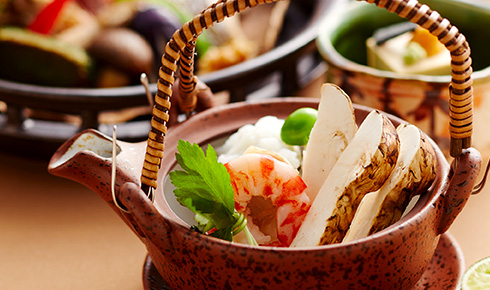
In Japan, diners often place great value on achieving a sense of seasonality in their food…
See More
海開き:Umi-biraki(Beach-Opening)

Umi-birakiis an event that marks the beginning of the swimming season at beaches in Japan…
See More
お中元:O-chugen(Summer gift giving)
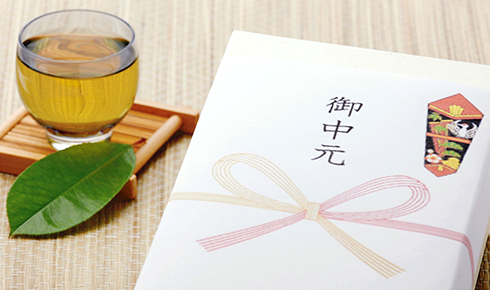
Japan has two major gift giving seasons each year:O-chugenin the summertime ando-seiboat the year end…
See More
雨具:Amagu(Rain apparel)
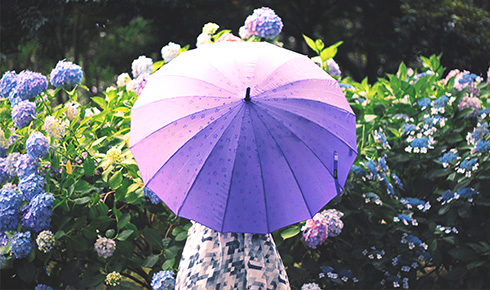
June is a very rainy month in much of Japan. During this wet season…
See More
端午の節供:Tango No Sekku (Boy's Festival)
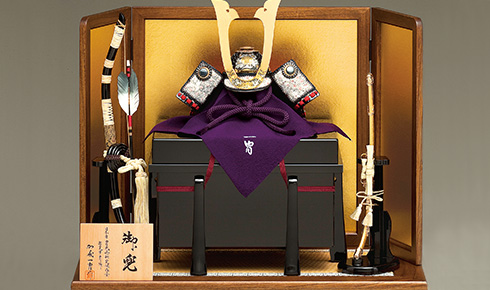
Traditionally, tango no sekku (literally, “seasonal event of early May”) was celebrated as a festival for boys on May 5th…
See More
入学式/入社式:Nyugaku-shiki and Nyusha-shiki (School and Corporate Entrance Ceremonies)
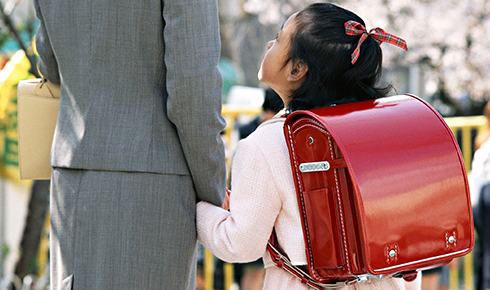
In Japan, as elsewhere, spring is a season of new beginnings…
See More
江戸切子:Edo-kiriko
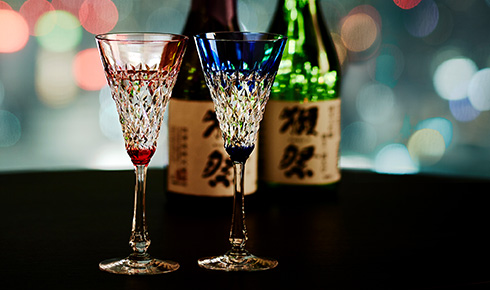
The clear colors and delicate patterns of Edo-kiriko cut glass date back to 1834…
See More
いちご:Strawberry
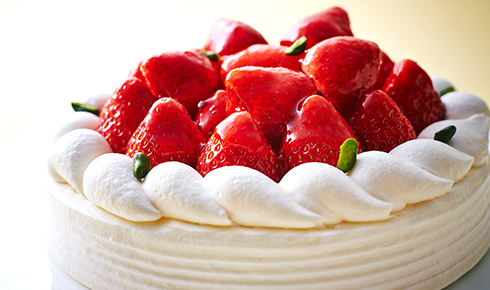
People of all ages love strawberries for their sweetness as well as their refreshing sour tang…
See More
初夢:Hatsu-yume(The first dream of the year)
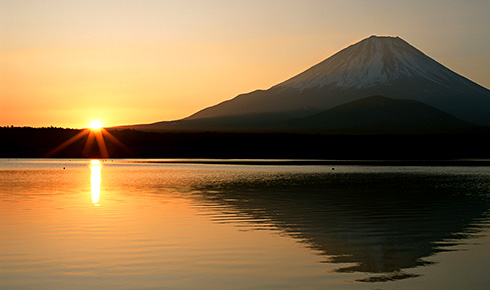
Fortunetelling through dreams has been widely practiced around the world for more than 5,000years…
See More
鍋:Nabe(Hot Pot Cooking)
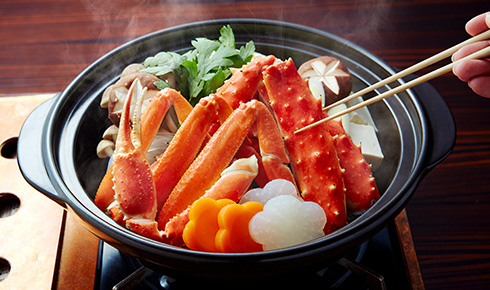
Nabe(also known aso-nabe) is one of Japan’s most cherished cooking styles, especially in times of cold weather…
See More
いい夫婦の日:A Good Couple Day
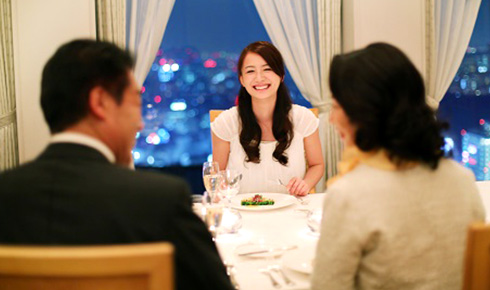
Mother’s Day, Father’s Day, Children’s Day—Japan has a number of special observances devoted to the family, and one of them is on November 22nd, “Good Couple Day.”
See More
紅葉:Kouyou
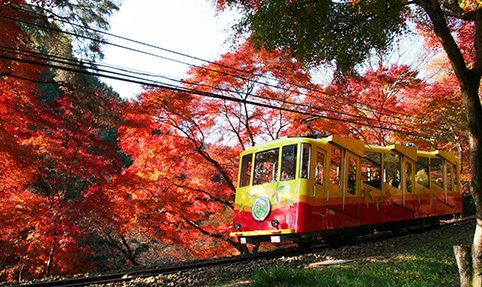
In autumn, one of the most splendid aspects of the Japanese countryside is…
See More
温泉の入り方:How to Enjoy anOnsen(Hot Spring Bath)
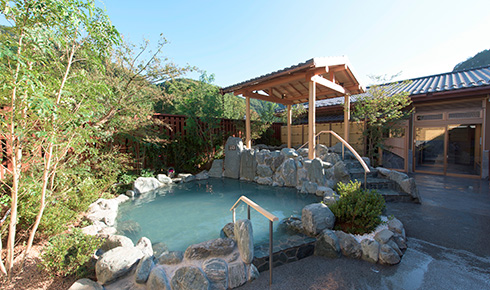
Many Japanese travelers love to soak inonsen(hot springs)…
See More
電車の乗り方:The Right Way to Ride a Train
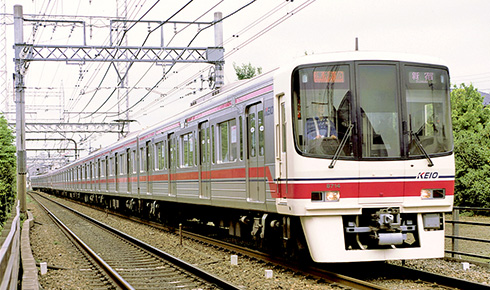
The Japanese phrase tsukin jigoku (“commuting hell”) refers to…
See More
風鈴:Furin(Wind Bell)
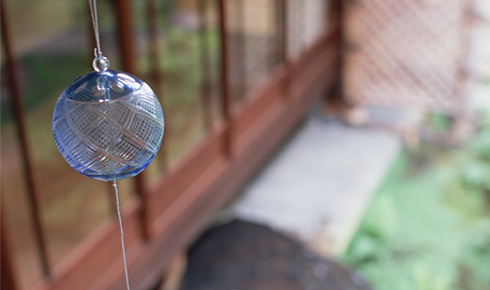
The Japanese summer can be humid and oppressive…
See More
銭湯:Sento(Public bath)
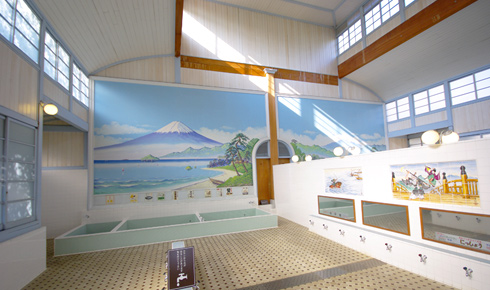
"Sento"is public bath or common bathhouse in Japanese towns and cities…
See More
ゴールデンウィーク "Golden Week"-An important Japanese holidays season
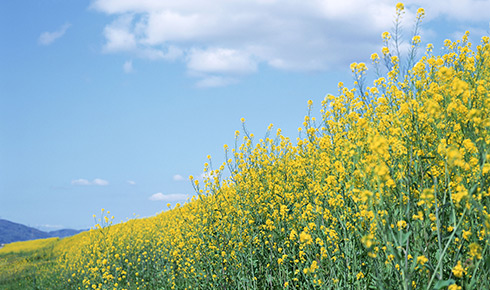
"Golden Week," which runs from late April through early May…
See More
桜:Sakura(Cherry Blossom)
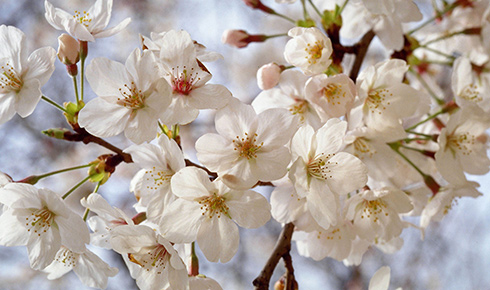
The Japanese people have cherished sakura cherry blossoms in many ways ever since antiquity….
See More
ひなまつりHinamatsuri(Girls’ Doll Festival)
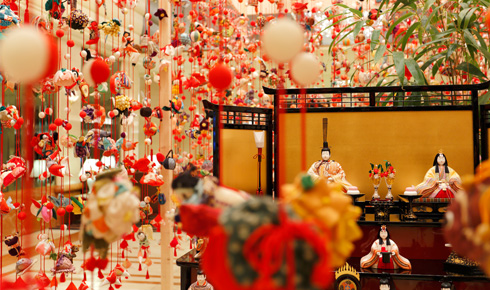
In Japan, family members offer wishes for the health and happiness of girls…
See More
節分:Setsubun(Bean-Tossing Festival)
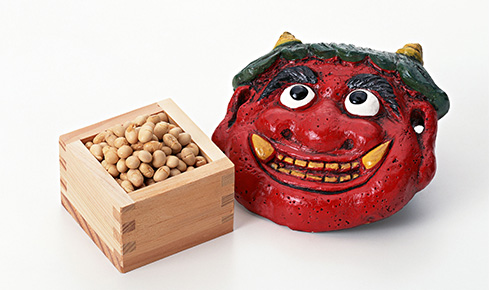
Setsubunbean-tossing festival, or “the parting of the seasons,” is a festival traditionally held on February 3rd to signify the passing of winter and the coming of spring...
See More
成人式:Seijin-shiki(Coming-of-Age Ceremony)
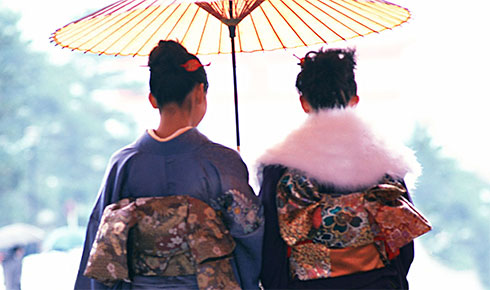
Seijin-no Hi, (Coming-of-Age Day) is a national holiday in Japan observed on the second Monday of January…
See More
忘年会:Bonen-kai(Year-end party)

At the end of each year, numerous Japanese adults hold parties known asbonen-kai…
See More
七五三:Shichigosan ("Seven-Five-Three")
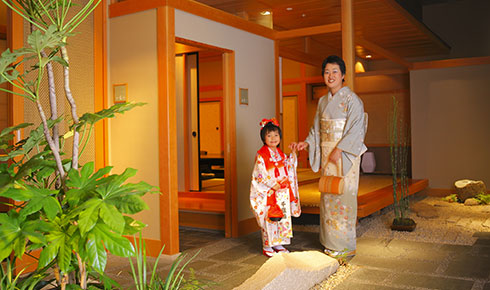
Festival for children of three, five, and seven years of age
See More
スポーツの秋:Fall, a season for sports
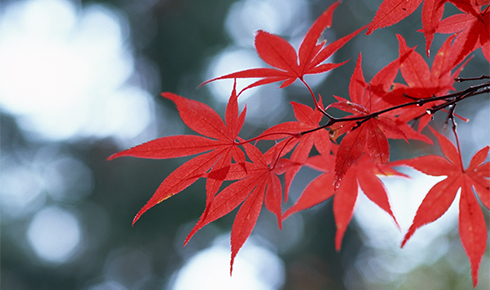
Fall is a time of year that is especially treasured in Japan…
See More
箸:Chopsticks
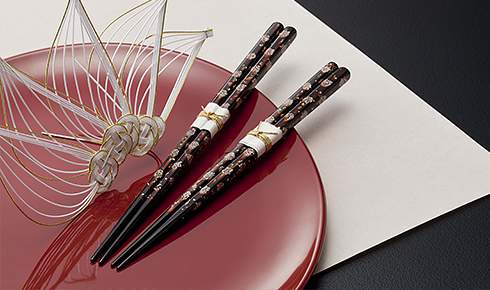
Finely crafted chopsticks - an elegant touch to round out a flawless Japanese meal
See More
酒:JapaneseSake
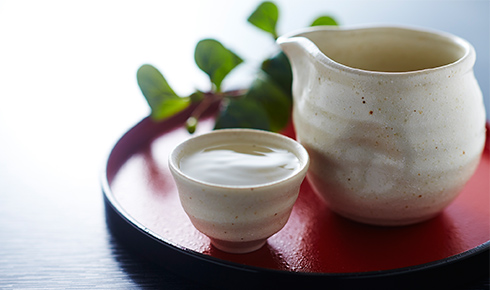
Sakeis an alcoholic beverage that is filtered “Moromi” liquid, made from fermented rice, “Koji” and water through a filtering machine.
See More
七夕:Tanabata(Star Festival)
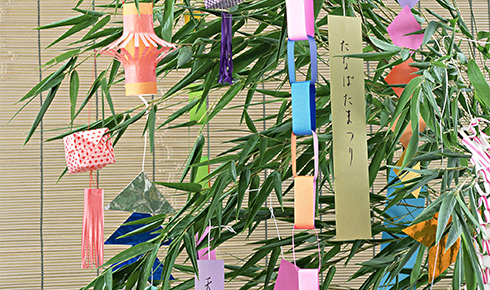
Tanabatais the traditional Japanese Star Festival in summer, held on July 7th.
See More
梅雨:Tsuyu(Rainy season)
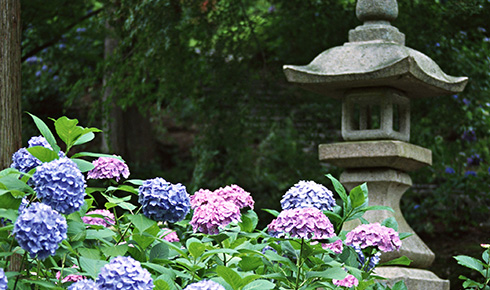
Japan'stsuyu, or rainy season, generally lasts from early June through the middle of July.
See More
山菜:Sansai(Mountain Vegetables)
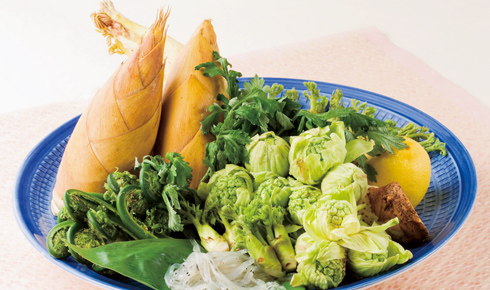
Sansai("mountain vegetables") are edible plants that grow naturally in the fields and on the mountains.
See More
ゆるキャラ:Yuru-chara(literally, "humorous mascot character")
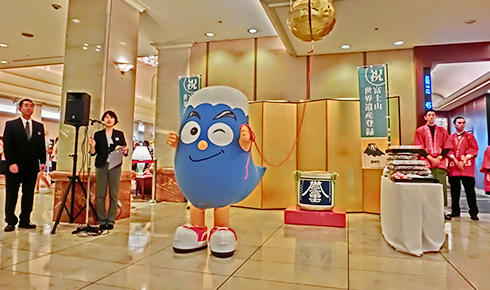
The termyuru-chararefers to mascots, created mainly by municipal governments, to promote their localities, local tourism, and products.
See More
電化製品:The Allure of Large Electronics Stores
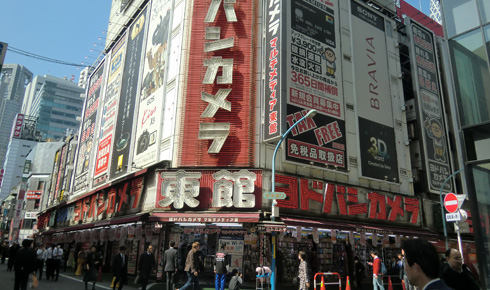
Mass electronics retailers offer a great variety of items at affordable prices, with examples including refrigerators, rice cookers, washing machines,
See More
和食:Washoku(Japanese cuisine)
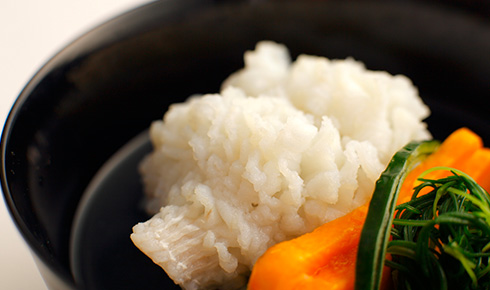
The wordwashokugenerally refers to traditional Japanese food. In 2013, "Washoku, traditional dietary cultures of the Japanese"
See More

























